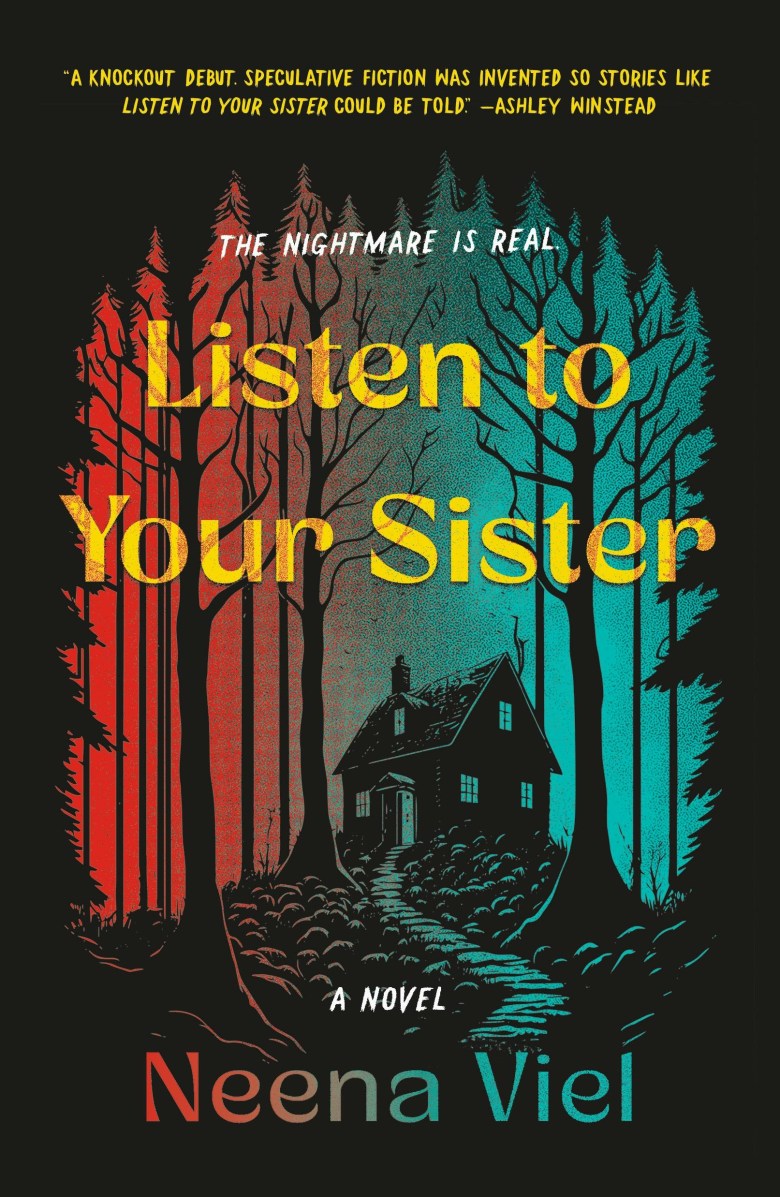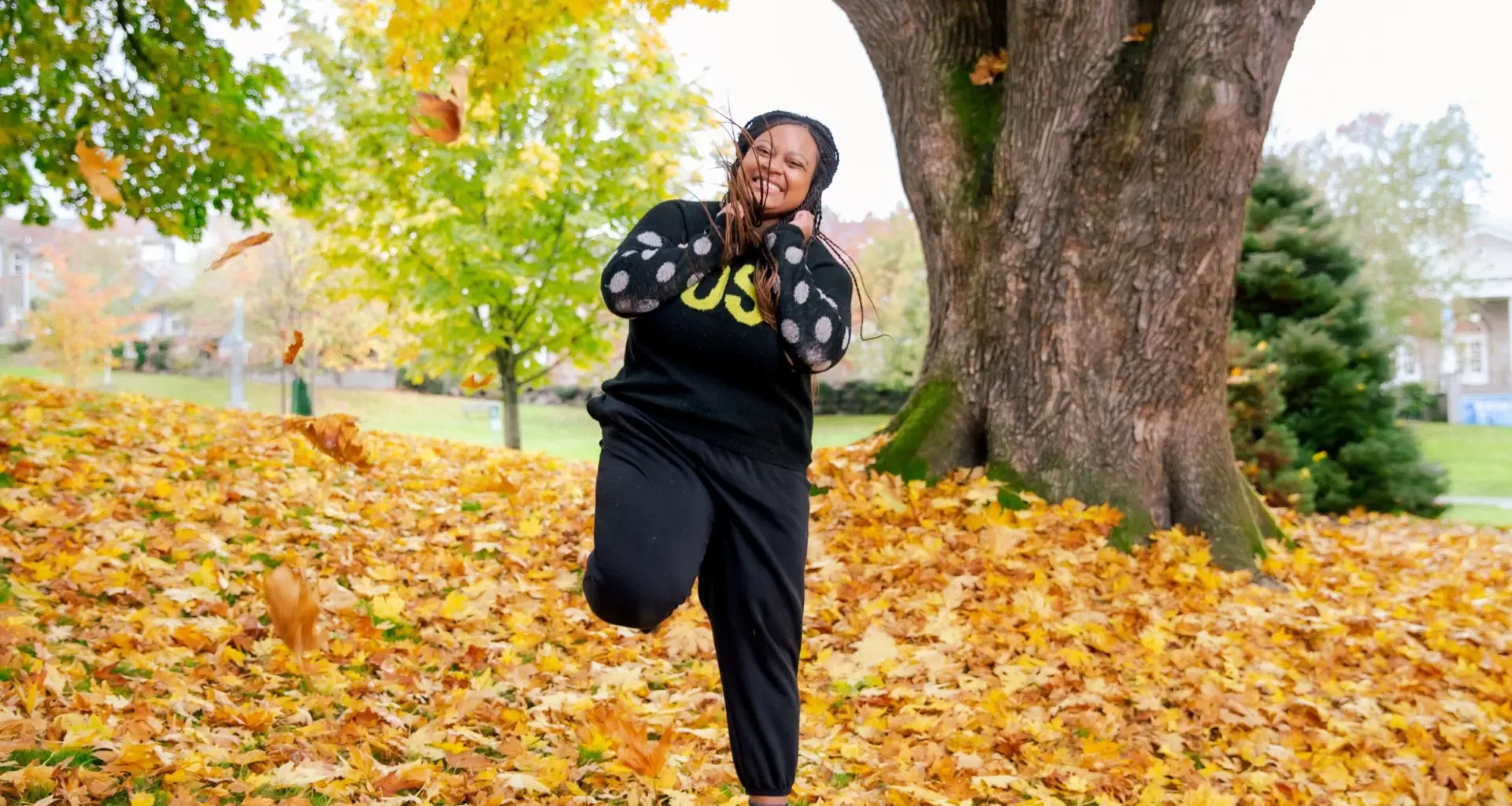Whether you’re eager to find a surprise bestseller with an underwater creature as its protagonist (“Remarkably Bright Creatures” by Shelby Van Pelt), cynical about the integrity of musicmaking in the era of mass streaming (“Mood Machine: The Rise of Spotify and the Costs of the Perfect Playlist” by Liz Pelly), curious about the history of racial inequality in American education (“The Battle for the Black Mind” by Karida Brown), or looking for a crime thriller that, according to The Washington Post, “blurs any imaginary line between genre and great literature” (“Saint of the Narrows Street” by William Boyle), the Central Arkansas Library System’s Six Bridges Book Festival has a book for you. With nearly 50 visiting writers in tow, it’s likely that any other stray fascination you can imagine will also be represented at the festival, which runs the gamut from fiction to nonfiction to poetry.
Arkansas writers appearing at Six Bridges include Regina Black, Kevin Brockmeier, Viktoria Capek, Eli Cranor, Susie Dumond, Buckley T. Foster, Carolyn Guinzio, Maria Hoskins, Jared Lemus, Linsey Miller, Adolph L. Reed Jr., Kat Robinson, Ginny Myers Sain, Vaughn Scribner, Alex Vernon, Neena Viel and Rhona Weaver.
Getting fully prepared for Six Bridges, which runs from Sept. 28-Oct. 5, might be the world’s longest homework assignment, so we’ve collected a handful of email and phone interviews with Arkansas-connected authors to whet your palate. For a full schedule, head to cals.org/six-bridges-book-festival.
***
A graduate of Jonesboro High School, Arkansas State University and the Clinton School of Public Service, writer Neena Viel now lives near Seattle, which serves as the backdrop for her debut horror novel, “Listen To Your Sister.” A “frenzied and addictive supernatural thriller” (Publishers Weekly), the plot escalates after a racial justice protest gone catastrophically wrong leads a trio of Black siblings to skip town and hide out in a cabin in the woods. Things, as you might expect, go downhill from there.
Your publisher describes “Listen To Your Sister” as “laugh-out-loud, deeply terrifying, and big-hearted.” That sounds like a lot of different tones to juggle. Was it difficult to prioritize all three of those registers at once?
The humor and heart felt very organic during the writing process. I think because people, even in our darkest, most terrifying hour, will find something to laugh about. We want more connection when we’re scared, not less.
“Listen To Your Sister” focuses on a group of siblings, ranging in age from 16 to 25. What about that dynamic fascinates you?
It’s such a strangely cool, strangely fraught interpersonal dynamic! Siblings can grow up in the same house and experience completely different parents. Siblings are with you on the school bus and know what you did behind the bleachers. They experience a completely different you than your parents. They are bullies and confidantes. With “Listen To Your Sister,” I was interested in exploring the inherent duality of the sibling relationship — loving someone so much, but you’re also tempted to jettison them into space.
 “Listen To Your Sister” by Neena Viel
“Listen To Your Sister” by Neena Viel
Many of the reviews of your book mention race as one its primary preoccupations. What does “Listen To Your Sister” have to say about being Black in the United States right now? Does it reflect your experience of growing up Black in Arkansas?
That’s a big question. “Listen To Your Sister” cycles through three perspectives, and each character has a different sense of how they perceive the world and how they feel they’re perceived. For Calla, the titular big sister, she’s overwhelmed with the newfound responsibility of guardianship for her teenage brother, and undone at how, exactly, she’s supposed to keep a Black child safe in an increasingly polarized community. Her point-of-view is less concerned with her own self-actualization than it is watching her baby brother become aware of why people lock their car doors when he walks by. And that’s a nightmare.
This novel does not reflect my experience of growing up Black in Arkansas — Seattle and Jonesboro are just too different! However, I do have a work-in-progress that is set in northeast Arkansas, so stay tuned.
This is your first book. Do you plan to stay in the horror lane for future books or do you imagine branching out to something else?
For now, I’m staying in horror. Fear can be fun, accessible and cathartic. My next work, “I’ll Watch Your Baby,” which comes out next year, is a supernatural reimagining of America’s most notorious welfare queen. I hope readers will follow along with me, keep laughing with me and keep expanding their idea of what horror is.
Who’s the writer you’re most excited to encounter at Six Bridges and why?
I have to cheat and name two. Maggie Stiefvater and Alex Grecian. They’re incredible talents. When I think of their books, I can almost taste the snacks I inhaled while whiling away the afternoon reading on the couch.

